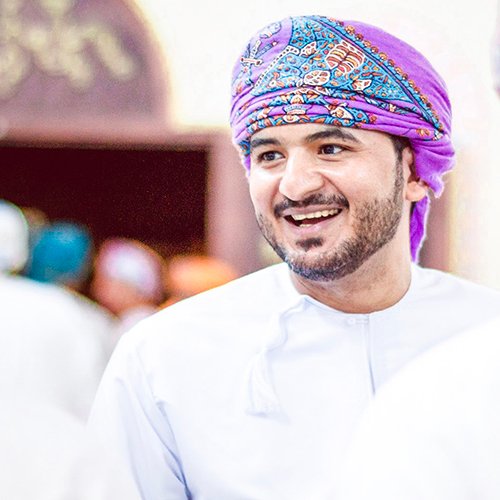Significance of the Day of Arafah: 1. Pilgrimage: The Day of Arafah is considered the most significant day during the Hajj pilgrimage. It is on this day that millions of Muslim pilgrims gather in the plain of Arafah, located about 20 kilometers east of Mecca, to perform the most important ritual of Hajj.
2. Forgiveness: It is believed that the Day of Arafah is a day of forgiveness and mercy from Allah. Muslims believe that by sincerely repenting for their sins and seeking forgiveness on this day, they can have their sins forgiven and start anew.
3. Standing at Mount Arafah: One of the main rituals of Hajj is to stand in prayer and supplication at the plain of Arafah from noon until sunset. This ritual, known as “Wuquf,” symbolizes the Day of Judgment when all people will stand before Allah. It is considered a time of intense worship and reflection.
4. Du’a (Supplication): Muslims believe that the prayers and supplications made on the Day of Arafah are highly accepted by Allah. Many Muslims spend the day engaged in intense prayer, seeking blessings, guidance, and forgiveness.
5. Feast of Sacrifice (Eid al-Adha): The Day of Arafah is followed by the Islamic holiday of Eid al-Adha, also known as the Feast of Sacrifice. This holiday commemorates the willingness of Prophet Ibrahim (Abraham) to sacrifice his son, as an act of obedience to Allah. The Day of Arafah marks the beginning of the Hajj pilgrimage and sets the stage for the subsequent celebration of Eid al-Adha.
Observance of the Day of Arafah: For those who are not performing Hajj, the Day of Arafah holds great significance as well. Muslims around the world observe this day by fasting, engaging in additional prayers, and making supplications to seek Allah’s mercy and forgiveness. It is recommended to fast on this day as it is believed to expiate sins of the previous year and the year to come.
It is worth noting that the exact date of the Day of Arafah may vary each year as it is based on the lunar calendar. The date can be confirmed by local moon sightings or by referring to the Islamic calendar.





